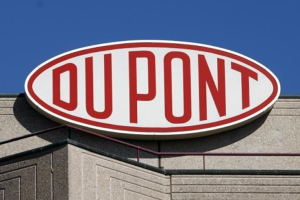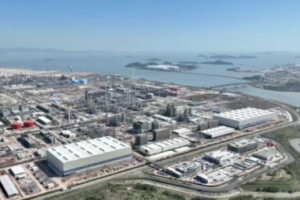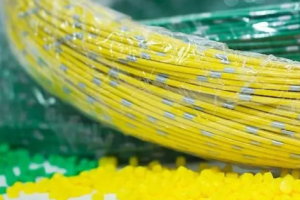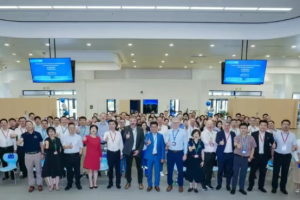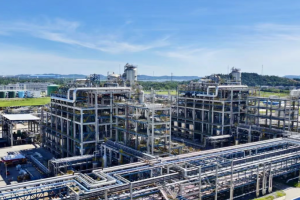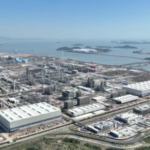May 29, 2025 – Hunan Anfu Environmental Protection Technology Co., Ltd. has recently concluded a RMB 68 million intelligent upgrade project, successfully establishing an industry-leading digital production system. Through technological innovation, the company has achieved a comprehensive enhancement in operational efficiency, product quality, and energy conservation, providing replicable intelligent solutions for the renewable resources sector.

In its automated production workshop, skilled technicians now effortlessly manage multiple high-speed circular weaving machines. Following the intelligent upgrade, a single employee can now operate 7-8 machines simultaneously, up from the previous 2-3, resulting in annual savings of over RMB 3 million in labor costs. According to the company’s office director, the integration of smart sensor technology and IoT systems has not only significantly boosted operational efficiency but also markedly reduced production expenses.
As per insights from Color Masterbatch Industry Network, the company has adopted an intelligent inspection system incorporating 23 high-precision sensors in its heat-sealing process. This advanced equipment, which integrates cutting, welding, and quality inspection functions, has reduced the product defect rate from 12% to 5%, while completely replacing traditional manual quality control positions. Consequently, the missed inspection rate has plummeted from 8% to below 0.5%.
Currently, Anfu Environmental Protection has established eight fully automated production lines, with a digital coverage rate of 87% for core equipment. Through the deployment of an intelligent energy management platform, the company has achieved a 12% reduction in energy consumption per unit of output, with an annual processing capacity of 100,000 tons of waste plastics equivalent to reducing the consumption of 68,000 tons of virgin plastics. Digital precision control has been implemented in every stage, from raw material sorting to finished product manufacturing, leading to a 35% decrease in carbon emissions from recycled plastic production.
The company’s leadership emphasized that the intelligent transformation has not only elevated its own competitiveness but also spurred collaborative development within the regional industrial chain. Three supporting enterprises have already set up operations nearby, and it is projected that a circular economy industrial cluster with a scale exceeding RMB 2 billion will be formed by 2025. Looking ahead, the company plans to continue deepening the construction of its smart factory, driving the optimization and upgrading of the entire waste plastic industrial chain, and making greater contributions to the green transformation of the industry and the realization of “dual carbon” goals.


